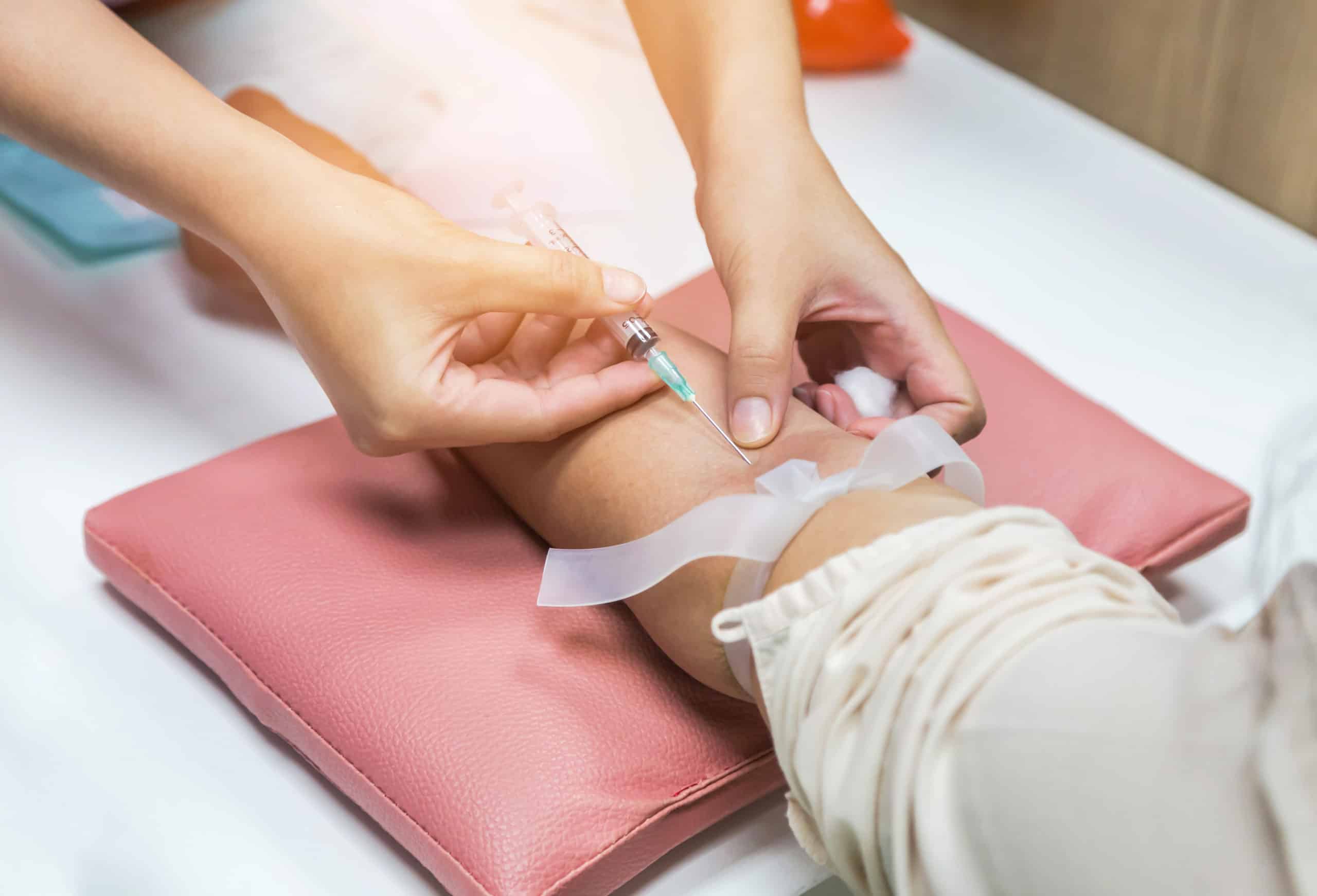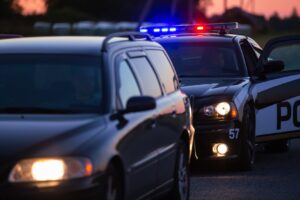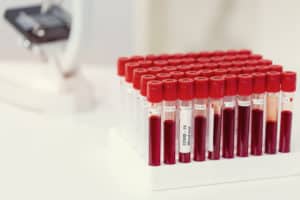
While the results of blood or breathalyzer testing are heavily relied upon to provide evidence of the driver’s impairment level, they do not necessarily present an accurate picture of a driver’s intoxication level in every case. Faulty equipment, poor maintenance practices, and improperly trained operators are just a few of the reasons that blood alcohol test results can provide faulty readings.
A breathalyzer and blood test defense lawyer in Plano can provide advice and guidance, protect your legal rights, and potentially mount a successful court challenge to the admissibility of chemical testing in a criminal DWI case.
For help from a legal team with experience on all sides of the courtroom, call the Law Offices of Randall B. Isenberg today: 214-696-9253.
Understanding Texas Blood and Breathalyzer Testing Laws
The Texas Department of Public Safety (TxDPS) crime lab oversees the standards for chemical testing in DWI cases.
The procedures mandated by TxDPS for chemical testing must comply with the alcohol testing requirements established in the Texas Administrative Code. Together, these standards apply to all cities and counties in Texas.
To be able to perform chemical testing on a driver suspected of DWI, each police department must apply for and obtain certification from TxDPS. Likewise, any operator who wishes to perform blood or breath testing for blood alcohol concentration (BAC) must obtain individual TxDPS certification.
Finally, all police departments must maintain, calibrate, and certify their BAC testing equipment in accordance with the National Highway Traffic Safety Administration (NHTSA) program guidelines, testing procedures, and approved list of testing devices.
Do officers need probable cause for blood or breathalyzer tests?
Before making a DWI traffic stop, an officer must have a reasonable suspicion that you are intoxicated. Once you have stopped, the officer may ask questions, ask for your driver’s license, etc., to establish legal, probable cause for chemical testing.
The officer can request that you take a field sobriety test (FST) or blow into a portable breath testing (PBT) machine to establish probable cause. However, the prosecution cannot use the results of these unofficial tests in court.
If you have a DWI attorney, he can often leverage these roadside testing procedures to bring probable cause into question during your criminal case.
How do officers perform breathalyzer and blood tests?
In Texas, police must conduct chemical testing at the station. Then, staff at the Breath Alcohol Laboratory (BAL) staff will conduct an analysis of the results. TxDPS has established BAL standards that all facilities must follow.
If your arrest occurs in Plano, officers typically conduct breathalyzer testing using the Intoxilyzer 5000 breath testing system. A certified operator performs the testing a minimum of two times to verify accuracy, and then generates an official toxicology report.
Police officers may also request blood testing if they need confirmation of breath testing.
Can a lawyer question breathalyzer or blood test results?
Yes. Every aspect of your chemical testing must conform to state standards, including the BAL standards and the Texas Blood Alcohol Testing (TBAT) operator standards. If questioned about any aspect of conformity in court, the prosecution must present evidence to support the legality of your chemical testing.
If you have a breathalyzer and blood test lawyer from the Law Offices of Randall B. Isenberg representing you, he will scrutinize every bit of evidence the prosecution has in your case. This allows us to find every possible weakness in the evidence and use it in your defense.
Some of the most common avenues for invalidating breath and blood test results include the following:
Lack of Reasonable Suspicion
If the prosecution cannot prove that the officers had a valid reason for pulling you over, we can possibly have the judge declare the stop illegal. If so, the prosecutor cannot use any of the resulting evidence against you.
Lack of Probable Cause
If you submitted to FST or PBT during your traffic stop, your lawyer may be able to prove that the officer lacked probable cause for making an arrest or requesting that you submit to chemical testing.
Illegal Chemical Testing
Chemical testing technicians must have appropriate training and certification for testing. In addition, operators must properly and regularly maintain and calibrate testing equipment. Finally, the procedures used for chemical testing must follow established standards. If any part of the process did not comply with the legal standards, we can make the argument for excluding your test results.
Confounding Factors
A variety of factors — including diet, oral hygiene products, illness, and prescription medications — may influence chemical test results and cause a false positive outcome. Your attorney can call on toxicology experts to testify that your results were inaccurate due to one or more of these confounding factors.
Errors in Blood Analysis
If your chemical test results came from blood rather than breath testing, the prosecution must provide evidence that the testing lab was qualified, that officers conducted the test correctly, and that your sample was not contaminated.
When given the opportunity to review the evidence in your case, a DWI defense lawyer can provide invaluable insight and information to assist you. Your attorney may be able to negotiate with the prosecutor for a reduction of charges or convince a judge to throw out your case.
Ultimately, if your case goes to court, our breathalyzer defense lawyer can build a strong case to call the prosecution’s evidence against you into question and establish the all-important reasonable doubt.

Call Randall B. Isenberg for a FREE consultation today.
As you can see, a breathalyzer or blood test defense lawyer can find many avenues to defend you against Texas DWI, even if your chemical BAC testing came in above the legal limit.
Here at the Law Offices of Randall B. Isenberg, we have two of the Intoxilyzer 5000 devices used in Texas BAC testing onsite. We use these devices, along with subject matter experts and other legal tools to help us challenge DWI charges pending against our clients.
Contact us today to schedule a complimentary consultation and case review: 214-696-9253.










